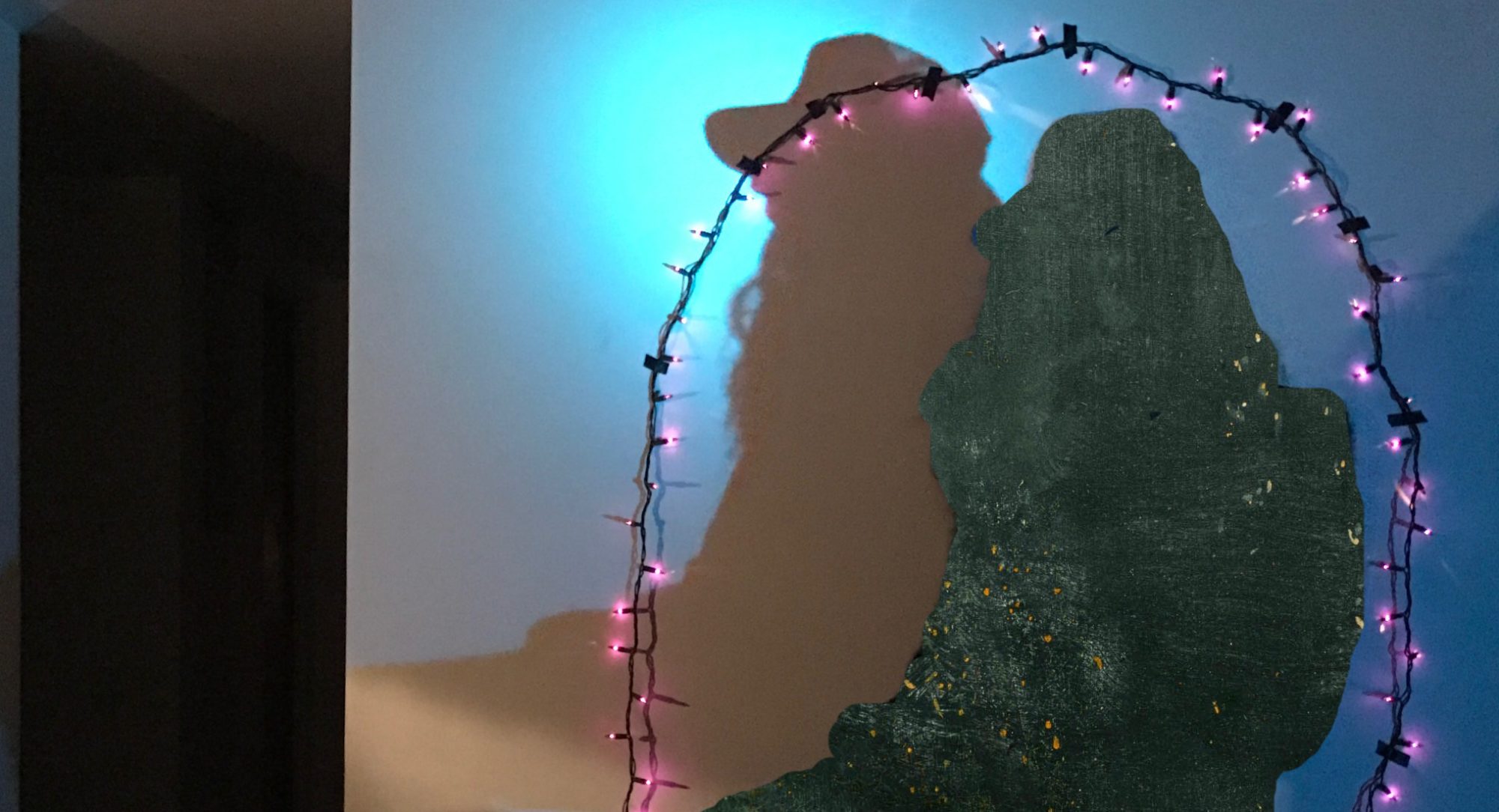Imagine slaving away for weeks, months, years on your writing project only to have people put it down after reading the first paragraph. “But they didn’t give it a chance,” you say. “I promise, it had to start like that to set everything up.” No one cares and they go on reading or watching something else.
I’ve been reading the book Mastering Plot Twists by Celand. It was saying the importance of starting strong. Starting with action, intrigue, and emotion that also poses the narrative question. It makes sense because readers or movie watchers will get bored very quickly and lose interest. I’ve definitely made that mistake.
In the Aaron Sorkin masterclass, he talks about this issue. With a television show, its very easy for the viewer to change channels and find something more interesting. The person going to a movie theater has more tolerance for a slow beginning because they drove to the theater, paid for a ticket and sat in a seat. Sorkin says there is even more patience for people who to go plays. They have all the same commitment as movie viewers except they probably paid more for tickets and it’s disruptive to leave. There is some social pressure to stay.
The same idea can be applied to books and short stories. I recently read A Village After Dark by Ishiguro. Right in the first paragraph, we learn the main character is disoriented at night but somehow ends up at a village he had once lived and exercised some “influence.” That is intriguing. What is meant by influence? Will the main character find is bearing again?
In a recent short story I wrote about a drug dealer, I rewrote the intro to have more action. Now, the story starts with the drug dealer selling mushrooms at a rave and then getting busted by the cops. It happens in the first page. Hopefully, the reader gets intrigued and wants to find out what happens next. Before that revision, I had some exposition and internal thought of the protagonist. It’s funny how that can seem interesting to the writer but totally boring to the reader.
Go back and look at what you write. Did you start with something action oriented, emotional and that posed the narrative question? – telling the reader in an entertaining way – what is this story about?
